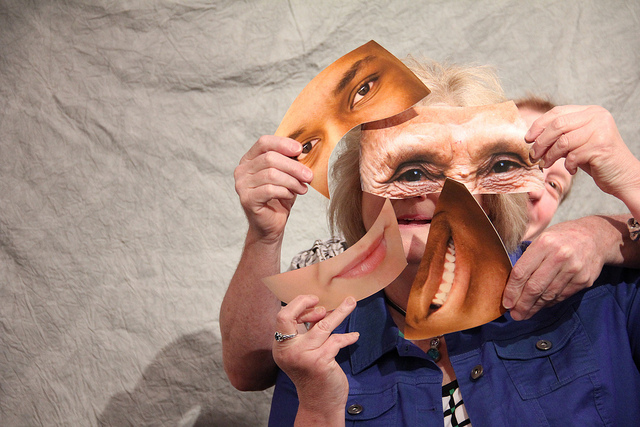Law School Requires Course on Race and Law
Rhode Island’s only law school is requiring a course on race and law this fall.
Roger Williams University School of Law will require students to take the course, “Race & the Foundations of American Law,” after faculty voted to require all second-years to take the course in response to student interest, The Boston Globe reports.
“Our students are going to be lawyers — leaders in their profession and their communities — and they need a broad and rich perspective on the law, how it has evolved, and how we will all work in our own ways to make the world a better place,” RWU’s law dean, Gregory W. Bowman, tells the Globe.
COURSE DESIGN
The new required course, which was offered as an elective this spring, is designed to give students “both a historical overview and a current assessment of how race has played a role in American law and provide critical analytic tools students can bring to all aspects of their legal education and future practice,” Dean Bowman tells the Globe.
Additionally, students will examine how American law has evolved over the years in relation to race.
“A crucial ingredient in that training is for students to understand the role of the law in creating and sustaining existing power structures, including the inequitable distribution of power by race,” Professor Jared A. Goldstein, RWU Law’s associate dean for academic affairs, tells the Globe. “Students who understand the connections between race and law will be better lawyers and better prepared to work for justice.”
RACE IN EDUCATION
In recent years, conservative and liberals have debated heavily over the idea of teaching critical race theory in K-12 classrooms. A number of states have introduced bills to ban the teaching of critical race theory.
Critics argue that banning critical race theory is a form of censorship.
The irony is that so many of these legislators styled themselves as free speech advocates,” Emerson Sykes, an ACLU staff attorney who specializes in first amendment free speech issues, says in an interview with The Guardian. “But what we know from the legislative history, from the public statements, from the research reports put out by the proponents of these types of bills, is that they are uncomfortable with discussions about race and gender and public schools.”
Supporters of the ban argue that critical race theory perpetuates racism.
“The message that ‘anyone who does not believe in systemic racism is part of the problem’ is sadly permeating all the literature on race in America today,” Jonathan Butcher, a Will Skillman Fellow in Education, and Mike Gonzalez, Senior Fellow of the Angeles T. Arredondo E Pluribus Unum Fellow, write in a piece for The Heritage Foundation.
Sources: The Boston Globe, PBS, Times Herald, The Guardian, The Heritage Foundation


Questions about this article? Email us or leave a comment below.